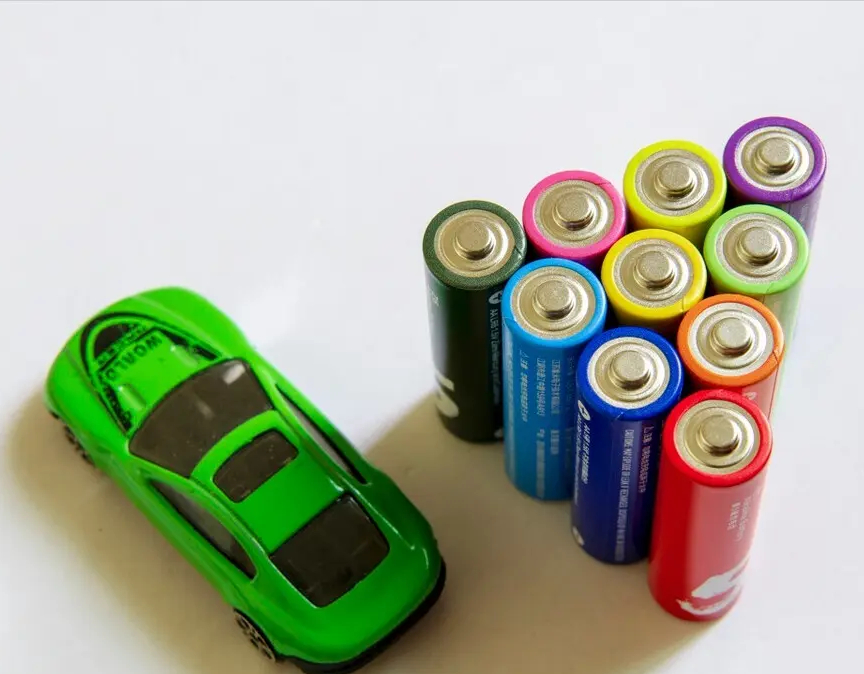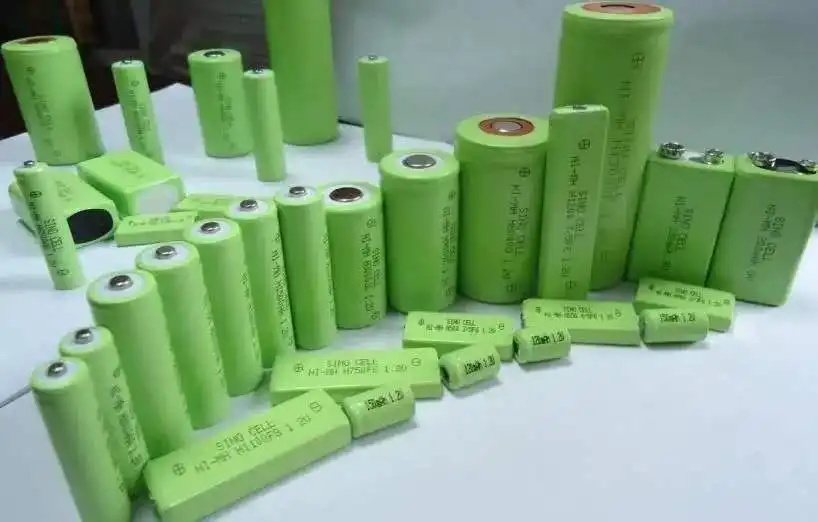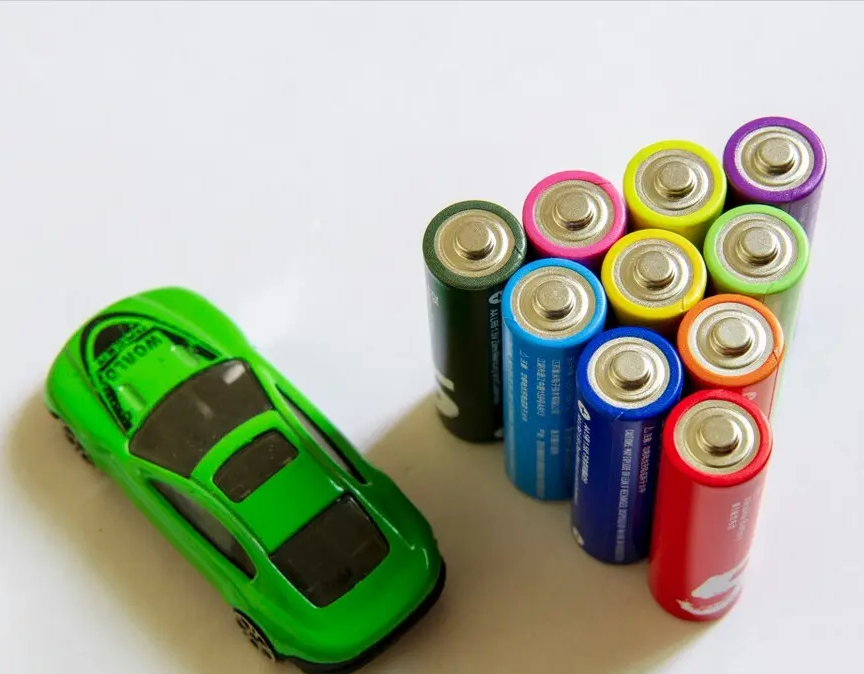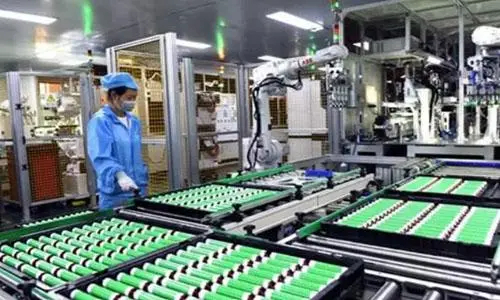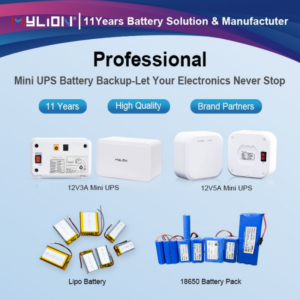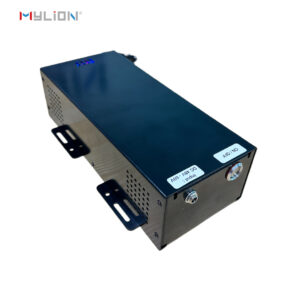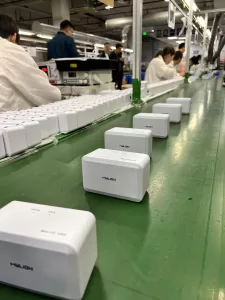At present, most of the batteries of passenger pure electric vehicles have abandoned lithium iron phosphate, a cathode material, and switched to ternary lithium materials. The main reason is because of higher requirements for battery performance, that is, higher cruising range. Require.
It has been more than two hundred years since the development of chemical batteries, and lithium batteries have become the mainstream. You may be surprised that there are more than 100 elements on the periodic table, why do you have to choose “lithium”?
How Lithium-Ion Batteries Work
The new energy vehicle lithium-ion battery is a rechargeable battery, which mainly relies on the movement of lithium ions between the positive and negative electrodes to generate current. There are many cathode materials for lithium-ion batteries, and they all exist in the form of embedded lithium compounds. At present, the cathode materials of vehicle power batteries include lithium iron phosphate, ternary lithium (divided into nickel-cobalt-manganese system and nickel-cobalt-aluminum system), etc., The current mainstream anode material is graphite.
Lithium ions are intercalated at the positive electrode when discharging, and deintercalated at the positive electrode when charging. Lithium ions move between the positive and negative electrodes through the electrolyte and the separator during charging and discharging.
This is like the logistics vehicles driving at points A and B in the city. Their non-stop shuttle brings “current” to the city, and lithium element is the most efficient and the most capable of carrying goods. The logistics truck.
Why does lithium become a material for rechargeable batteries?
Before the application of lithium, human beings have been looking for suitable battery materials as a device for storing electrical energy. People have tried a variety of battery materials such as copper, iron, zinc, lead, mercury, magnesium, etc. The improvement direction of batteries is mainly to increase capacity and Discharge performance and other indicators are the main indicators, and finally lithium is selected as the material of the latest generation of rechargeable batteries.
Why is the active ingredient of the battery “lithium” instead of gold, silver, copper, iron and tin?
It is clear from the periodic table that lithium is the third element and the most advanced metal element.
Lithium itself is 6 atomic mass units, and each lithium carries 1 charge;
Compared with zinc, which is widely used in early batteries, its atomic mass is 66, and each zinc carries 2 charges. Obviously, using lithium as a battery material can bring significantly higher energy density. That is, lithium has a higher specific capacity as a battery material.
In addition, lithium-ion batteries have the advantages of no memory effect, high rate charge and discharge, low self-discharge rate, and high energy conversion rate.
To transport supplies from the earth to the space station, although the light rocket is loaded less, but it is launched several times, and the cost is lower than that of the heavy rocket. Lithium is like this more efficient light rocket.
Why did ternary lithium batteries replace lithium iron phosphate as the mainstream?
At present, most of the batteries of passenger pure electric vehicles have abandoned lithium iron phosphate, a cathode material, and switched to ternary lithium materials. The main reason is because of higher requirements for battery performance, that is, higher cruising range. Require.
For example, for the same cost, a motorcycle can run much faster than a car, but the safety of the meat-wrapped iron on the two wheels will be less, which is very similar to the character difference between lithium iron phosphate and ternary lithium batteries.
The advantages and disadvantages between lithium iron phosphate and ternary lithium are obvious. The disadvantage of lithium iron phosphate is that the capacity density is low but the safety is better. The energy density of ternary lithium battery is obviously high but the safety is relatively general. In order to pursue higher endurance performance , ternary lithium has become the current mainstream.
It is precisely because of the energy density that lithium iron phosphate is gradually replaced by “ternary lithium” batteries for the following reasons:
The energy density of the ternary lithium battery is obviously high, and the most direct benefit is that it can increase the cruising range;
The energy density of the new cathode material formula for ternary lithium batteries has greater potential, such as NCM811 (the nickel-cobalt-manganese ratio is 8:1:1).
Why is it called “ternary lithium battery“? What is the purpose of different formulations of cathode materials?
The name “ternary lithium battery” actually comes from a very simple source
Lithium-ion batteries use an intercalated lithium compound as a positive electrode material. In order to improve battery performance, people try to use different material combinations to improve battery performance. Currently, “nickel-cobalt-manganese (NCM)” and “nickel-cobalt-aluminum (NCA)” are found. The performance of the cathode materials of the two systems is better, because the two types of cathode materials have three active ingredients, so they are called “ternary lithium” batteries.
Some models of Tesla and other brands use nickel-cobalt-aluminum (NCA) system, and most other pure electric models use nickel-cobalt-manganese (NCM) system batteries, which are divided into NCM523, NCM111, NCM811, etc. is the ratio between the three elements.
The amount or amount of each element will directly affect the battery performance. At present, the main energy of the company’s research and development is on the formula. For example, the seasoning of each stew is similar but the taste is different. The battery performance of the same formula of different companies will also be different. difference.

